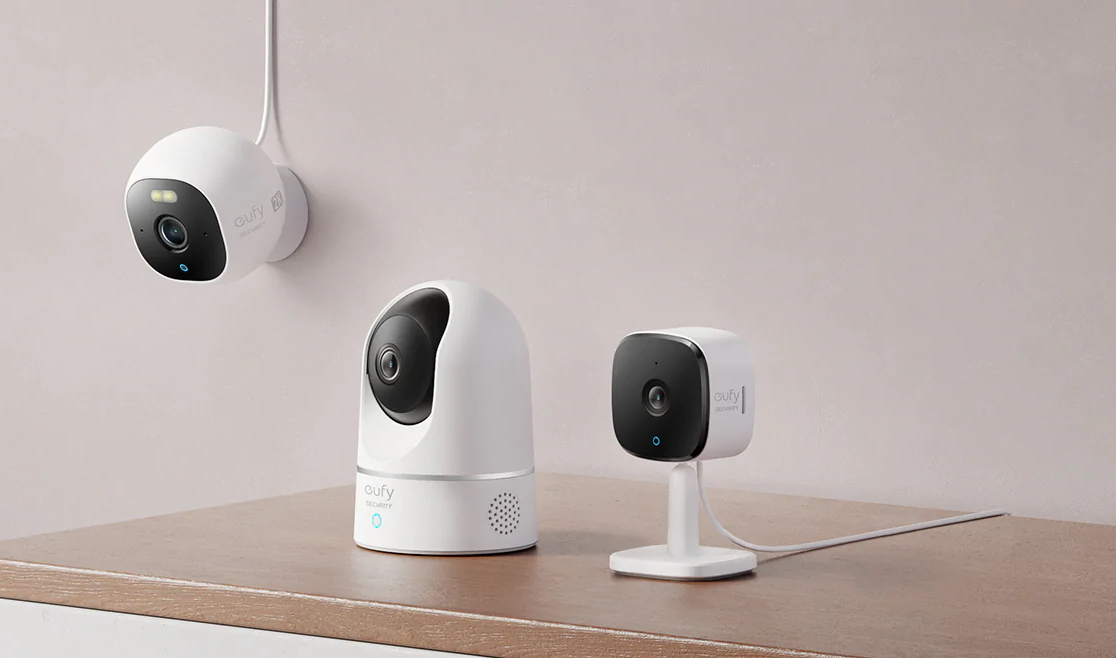After two months of arguing back and forth with critics about how so many aspects of its "No clouds" security cameras could be accessed online by security researchers, Anker smart home division Eufy has provided a lengthy explanation and promises to do better.
In multiple responses to The Verge, which has repeatedly called out Eufy for failing to address key aspects of its security model, Eufy has plainly stated that video streams produced by its cameras could be accessed, unencrypted, through the Eufy web portal, despite messaging and marketing that suggested otherwise. Eufy also stated it would bring in penetration testers, commission an independent security researcher's report, create a bug bounty program, and better detail its security protocols.
Prior to late November 2022, Eufy had enjoyed a distinguished place among smart home security providers. For those willing to trust any company with video feeds and other home data, Eufy marketed itself as offering "No Clouds or Costs," with encrypted feeds streamed only to local storage.
Then came the first of Eufy's woeful revelations. Security consultant and researcher Paul Moore asked Eufy on Twitter about several discrepancies he discovered. Images from his doorbell camera, seemingly tagged with facial recognition data, were accessible from public URLs. Camera feeds, when activated, were seemingly accessible without authentication from VLC Media Player (something later confirmed by The Verge). Eufy issued a statement stating that, essentially, it hadn't fully explained how it used cloud servers to provide mobile notifications and pledged to update its language. Moore went quiet after tweeting about "a lengthy discussion" with Eufy's legal team.


 Loading comments...
Loading comments...
